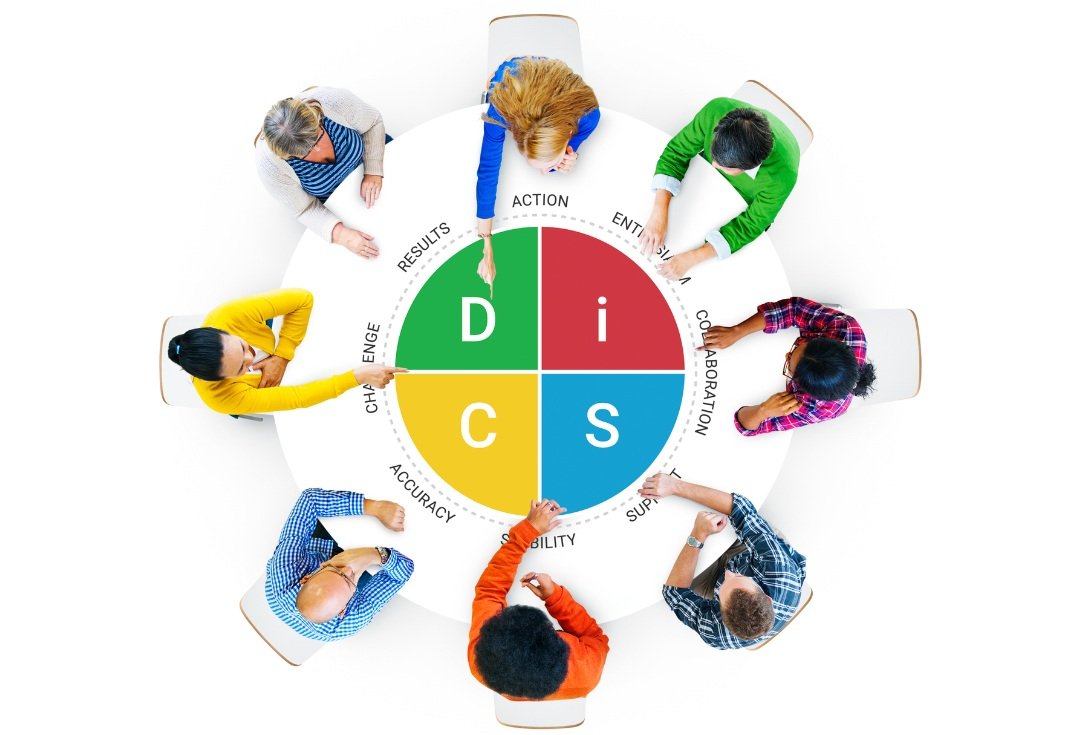Exploring Behavior Styles Using Everything DiSC® Workplace
Understanding behavioral styles can help us relate to others more effectively. Do you focus on results or relationships? Are you a private person or do you tend to share your thoughts and feelings readily? What are the other people you work with like? Based on the work of William Marston, the DiSC® profile will help you understand your dominant style, the needs of people with other styles, and how you can adapt your approach to be more effective with individuals and groups.
In this session, participants will:
Develop an understanding of their behavioral style
Recognize behavioral styles within others
Accept and appreciate the differences between their style and the style of others
Use and adapt their behavioral tendencies to interact more effectively with others
Apply their understanding of behavioral styles to team situations
Understanding behavioral styles can help us relate to others more effectively. Do you focus on results or relationships? Are you a private person or do you tend to share your thoughts and feelings readily? What are the other people you work with like? Based on the work of William Marston, the DiSC® profile will help you understand your dominant style, the needs of people with other styles, and how you can adapt your approach to be more effective with individuals and groups.
In this session, participants will:
Develop an understanding of their behavioral style
Recognize behavioral styles within others
Accept and appreciate the differences between their style and the style of others
Use and adapt their behavioral tendencies to interact more effectively with others
Apply their understanding of behavioral styles to team situations
Understanding behavioral styles can help us relate to others more effectively. Do you focus on results or relationships? Are you a private person or do you tend to share your thoughts and feelings readily? What are the other people you work with like? Based on the work of William Marston, the DiSC® profile will help you understand your dominant style, the needs of people with other styles, and how you can adapt your approach to be more effective with individuals and groups.
In this session, participants will:
Develop an understanding of their behavioral style
Recognize behavioral styles within others
Accept and appreciate the differences between their style and the style of others
Use and adapt their behavioral tendencies to interact more effectively with others
Apply their understanding of behavioral styles to team situations

